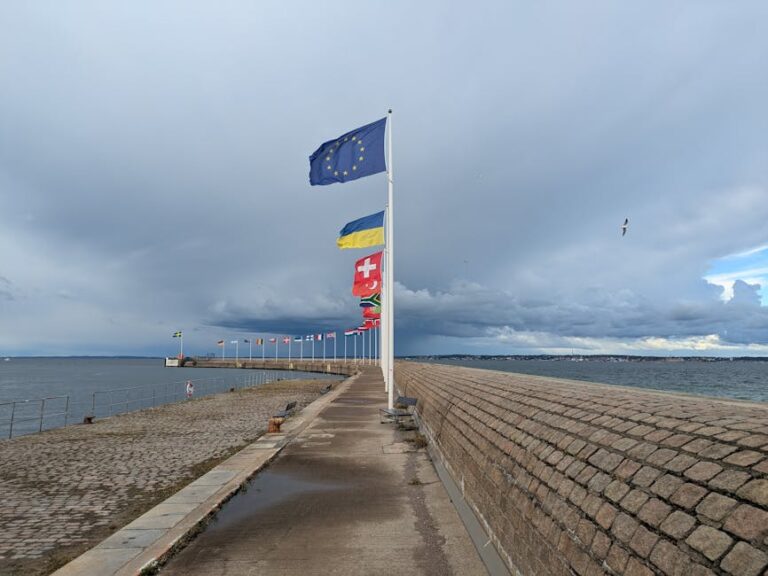President Trump scaled back a proposed 50 percent tariff on goods from Lesotho to 15 percent. The initial threat of punitive trade measures, announced earlier this year, had already destabilized the economy of the small African nation, where many citizens live on meager incomes.
The eleventh-hour reduction in the proposed tariff on Lesotho’s textile exports, a critical sector for the country, offered a reprieve from what many feared would be economic devastation. However, the brief period of uncertainty and the lingering 15 percent duty have had tangible consequences for a nation heavily reliant on international trade. Businesses had already begun to assess their operations, and some had initiated contingency plans that included potential layoffs. The United States remains a significant market for Lesotho’s apparel.
“Even a temporary threat of such a severe tariff can disrupt supply chains and investor confidence, particularly for developing economies with limited fiscal buffers.”
The broader implication of such aggressive trade tactics raises concerns about the predictability of U.S. trade policy, especially for Least Developed Countries (LDCs) that benefit from preferential trade agreements. Lesotho, a beneficiary of the African Growth and Opportunity Act (AGOA), faced potential exclusion had the higher tariff been implemented. This situation highlights the delicate balance between trade enforcement and fostering economic development in vulnerable nations. Industry analysts warned that such actions could set a precedent, impacting other African countries participating in similar trade programs.
While the immediate crisis has been averted, the episode serves as a stark reminder of the precarious economic position of nations dependent on external trade policies. Future trade relationships will likely be scrutinized for their stability and impact on development.




